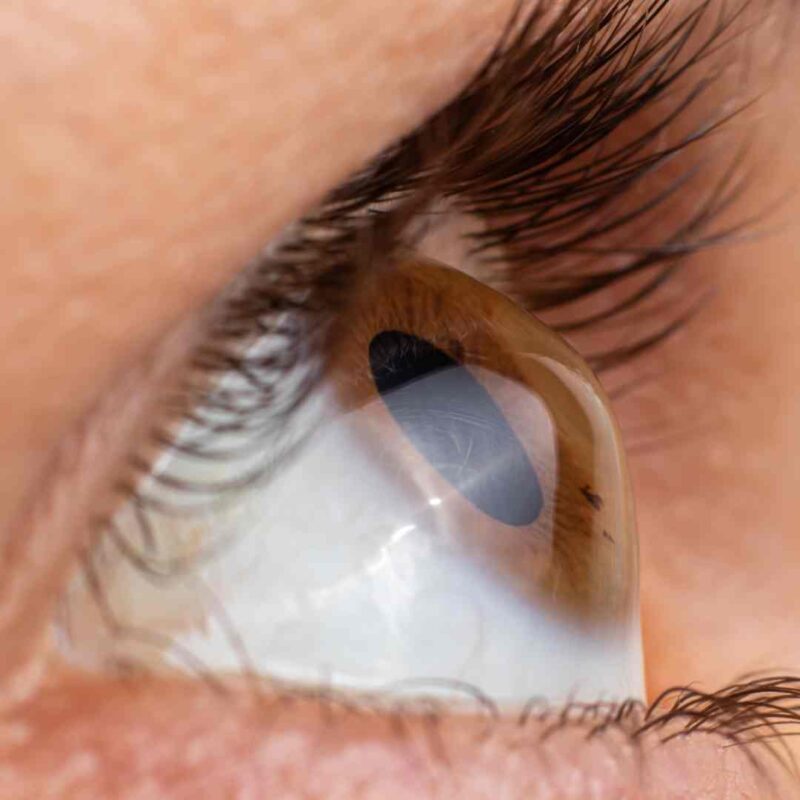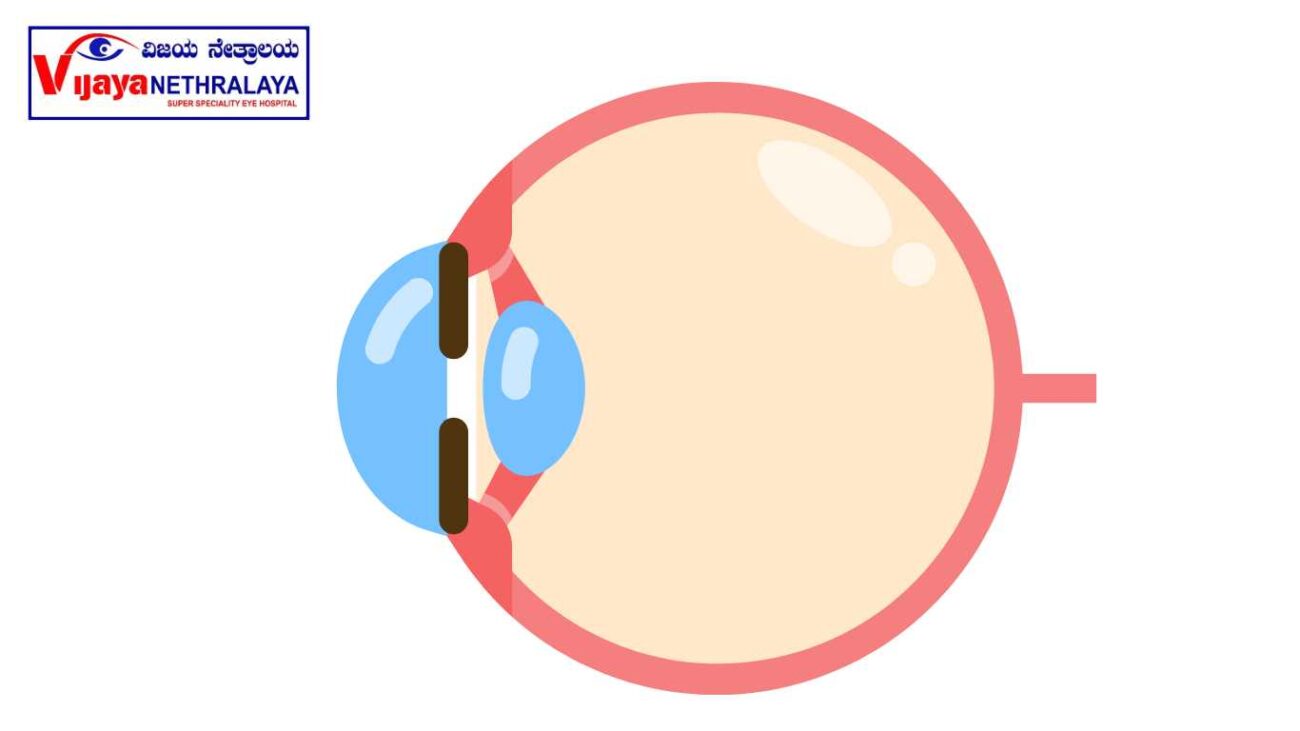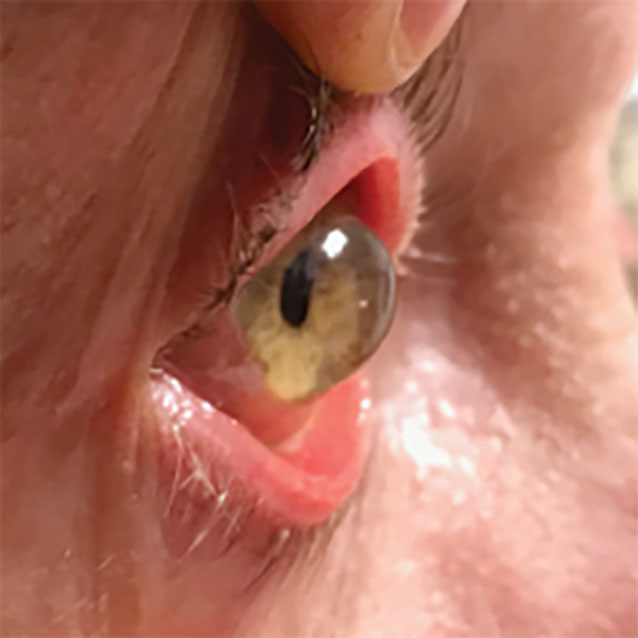Introduction
Keratoconus is an eye condition that affects the shape and structure of the cornea, leading to vision problems and distortion. It is essential to understand the underlying causes of keratoconus to better diagnose and manage the condition. In this article, we will delve into the various factors that contribute to the development of keratoconus and shed light on its causes.
Keratoconus Causes: Unraveling the Mystery
Keratoconus, which is influenced by both genetic and environmental factors, is a multifactorial condition. While the exact cause of keratoconus remains unknown, scientists have proposed several hypotheses to explain its development. Let’s explore some of the potential causes of keratoconus.

1. Genetic Predisposition: The Role of Inherited Factors
Research suggests that genetic predisposition plays a significant role in the development of keratoconus. Individuals with a family history of keratoconus are at a higher risk of developing the condition themselves. Several genes, including the VSX1 and SOD1 genes, have been associated with keratoconus, although the exact mechanism is yet to be fully understood.

2. Collagen Abnormalities: Weakening the Cornea
Collagen, a crucial protein found in the cornea, helps maintain its structural integrity. In keratoconus, there is evidence of collagen abnormalities, leading to a weakened cornea. This weakening can result from various factors, such as an imbalance in the enzymes responsible for collagen processing or an increased susceptibility to oxidative stress.
3. Eye Rubbing: A Possible Aggravating Factor
Researchers have identified excessive eye rubbing as a potential aggravating factor for keratoconus. Frequent rubbing of the eyes can exert mechanical stress on the cornea, potentially worsening its shape and contributing to the progression of the condition. It is particularly important for individuals with keratoconus to avoid rubbing their eyes to minimize further damage.
4. Hormonal Imbalances: Influencing Corneal Structure
Possible triggers for keratoconus include suggested hormonal imbalances, such as those occurring during puberty or pregnancy. These imbalances may affect the corneal structure and contribute to the development or progression of the condition. However, researchers need to conduct further studies to establish a definitive link between hormonal changes and keratoconus.

5. Environmental Factors: Impact on Corneal Health
Environmental factors, such as excessive ultraviolet (UV) light exposure and chronic eye irritation, may contribute to the development of keratoconus. Prolonged exposure to UV radiation without adequate protection can potentially weaken the cornea and increase the risk of keratoconus. Additionally, chronic eye irritation from factors like poorly fitted contact lenses or eye allergies may also play a role.
6. Enzyme Imbalance: Altered Corneal Structure
Scientists have implicated an imbalance in the enzymes responsible for maintaining the structure of the cornea in the development of keratoconus. These enzymes, including matrix metalloproteinases (MMPs), can lead to the degradation of collagen and other components of the cornea, resulting in its weakened structure. Further research is needed to fully understand the relationship between enzyme imbalance and keratoconus
Call us now if you are also experiencing the causes of keratoconus. Our team is ready to assist you.
Author Details:
Dr. Sushruth Appajigowda holds a prominent position as a cornea, cataract, glaucoma, and LASIK surgeon in Bangalore. He serves as the chief cataract and refractive surgeon at Vijaya Nethralaya Eye Hospital, Nagarbhavi, Bangalore. Renowned as one of the finest LASIK surgeons nationwide, he brings with him over 12 years of experience across multiple LASIK platforms, including ZEISS, ALCON, SCHWIND, AMO, and Bausch and Lomb. Having successfully conducted over 5000 LASIK procedures, Dr. Sushruth holds the title of a Certified Refractive Surgeon and a Fellow of the All India Collegium of Ophthalmology. Furthermore, he stands as a distinguished speaker at various national and international forums, using his expertise to guide you in selecting the most suitable procedure based on your health requirements.

http://vijayanethralaya.com/link-in-bio/
Conclusion:
In conclusion, researchers have identified keratoconus as a multifactorial condition influenced by a combination of genetic and environmental factors. Although the exact cause of keratoconus remains uncertain, scientists have proposed several hypotheses to explain its development. They suggest that factors such as genetic predisposition, collagen abnormalities, enzyme imbalances, hormonal changes, chronic eye rubbing, and environmental triggers may play a role. However, further research is necessary to deepen our understanding of the underlying mechanisms and establish conclusive links between these factors and the development of keratoconus.
Frequently Asked Questions (FAQs)
Q1: Can keratoconus be inherited?
A1: Yes, there is evidence to suggest that keratoconus can have a genetic component. Individuals with a family history of keratoconus are more likely to develop the condition themselves.

